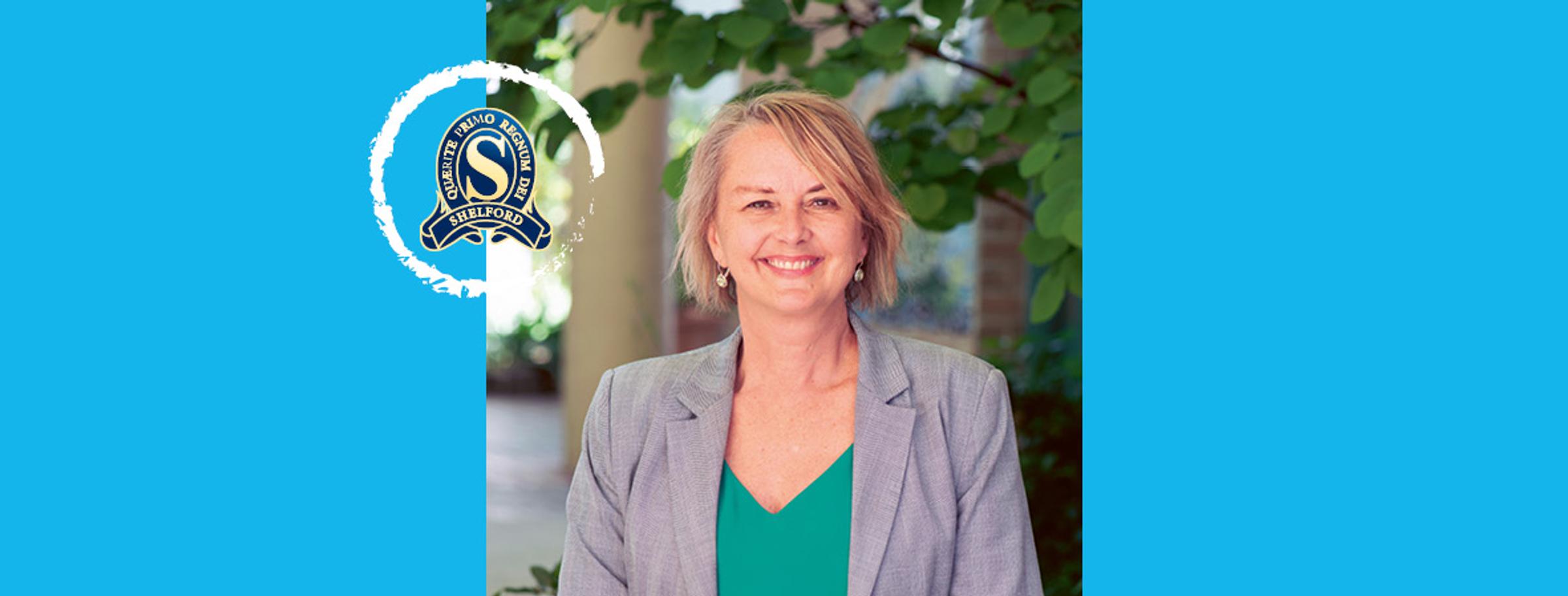Principal's news
Katrina Brennan

Principal's news
Katrina Brennan
I recently read an article entitled ‘Learning Loss: Are we Defining the Problem Correctly?’ by Harvey F Siler and Jay McTighe, which focused on the return to school following remote learning. It proposed that educators should be asking two key questions: how might we prioritise the curriculum to focus on the outcomes that matter most and how might we engage students in deeper learning that endures?
A focus on transferrable concepts and essential questions, that are open-ended and designed to stimulate thinking, spark discussion and debate and raise additional questions for further inquiry, should be a priority, the authors assert. This veers away from the rote learning of discrete skills and isolated facts, towards concepts, transferable ideas and inquiry.
They also advocated students having to earn to learn. Understanding is not something that occurs immediately but rather, over time and with effort, it takes hold; the proverbial ‘penny drops.’ Parents and teachers using encouraging terms like, you are ‘coming to understand’ a concept or a student is ‘making sense of …’ a process, points to the idea that learning is not about instant gratification, or easy fun but rather, hard fun.
So, as we return to class, the temptation to rush and ‘get through things’ needs to be avoided and replaced by more powerful learning, which will occur if class time is spent on fewer ideas, but these are grappled with in a way that engages students in thinking and deep learning. Deep learning occurs over time and not in a rush. Students need time with content; linking new information with old, tabling and presenting information in different ways, applying information to problems and considering differing viewpoints. Specific thinking skills help students to make meaning. Integrating these skills in to the curriculum, so that students use thinking, drives deep learning of big ideas and core processes. This sort of learning cannot happen by ‘rushing’ to get through curriculum or by teachers spending whole lessons lecturing in order to ‘get through content’.
It is also important that we do not see the remote learning periods and COVID-19 from a deficit point of view; that our students ‘lost’ time and ‘missed out’ on important learning. The pandemic has taught our children and students so many things; they are more resourceful, independent, and self-managed. Students are more aware of issues in the world, have accessed news and media, discussed more with their families and had an opportunity to learn other skills and develop different talents. Young people have had to learn to be adaptable and flexible. Their digital (ICT) and communication skills have been enhanced. There is a richness of experience from living through adversity and challenge, that we will all take with us from this time.
We are yet to see the longer-term impacts of this period, but young people are generally resilient and with the right support, are able to rebound. Let us be positive and optimistic about the wonderful learning that has occurred whilst remote and the incredible positivity and connection of our community. Let’s celebrate being back together for these final weeks and relish our new freedoms. Let’s allow our students the space to think, reflect and take some time with their learning.
Katrina Brennan
Principal